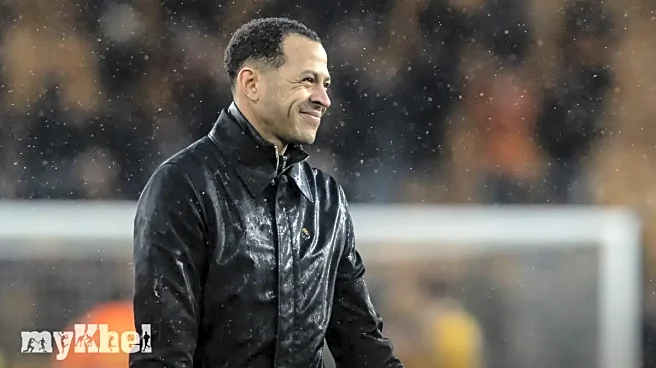The incident occurred on October 4, when flight AI-117 from Amritsar to Birmingham operated by aircraft VT-ANO received a RAT unlock message at around 400 feet during landing. The emergency turbine, which is designed to deploy automatically in case of total power loss, was deployed unexpectedly.
Despite the anomaly, the pilots did not report any abnormal handling or system failure, and the aircraft landed safely.
Also read | Pilots' body urges govt to ground Air India's 787 Dreamliner fleet and conduct thorough checks
Following the incident, Boeing's recommended maintenance checks for uncommanded RAT deployment were carried out, and no discrepancy was observed. The aircraft was later released for service and was flown to Delhi on October 5.
However, DGCA has initiated a detailed investigation into the cause and recurrence of such events. The regulator has written to Boeing seeking a comprehensive report on preventive measures related to the RAT deployment on the 787 series. It has asked for global data on similar incidents and any service difficulty reports filed by other operators after changes to the Power Conversion Module (PCM).
Also read | Air India expands UK services, adds fourth daily Delhi-London flight in winter 2025 schedule
Additionally, Air India has been instructed to: Review its 'D' Check work packages to identify any issues related to PCM module replacement. Reinspect RAT stowage mechanism across all 787 aircraft where the PCM module has been recently replaced.
The DGCA confirmed that the investigation into the incident is currently in progress.
The latest occurrence adds to a series of technical issues involving Air India's Boeing 787 fleet in recent months including a Vienna-Delhi flight that was diverted to Dubai on October 9 due to multiple system malfunctions.
/images/ppid_59c68470-image-176025507561078189.webp)












/images/ppid_a911dc6a-image-177091324558616814.webp)
